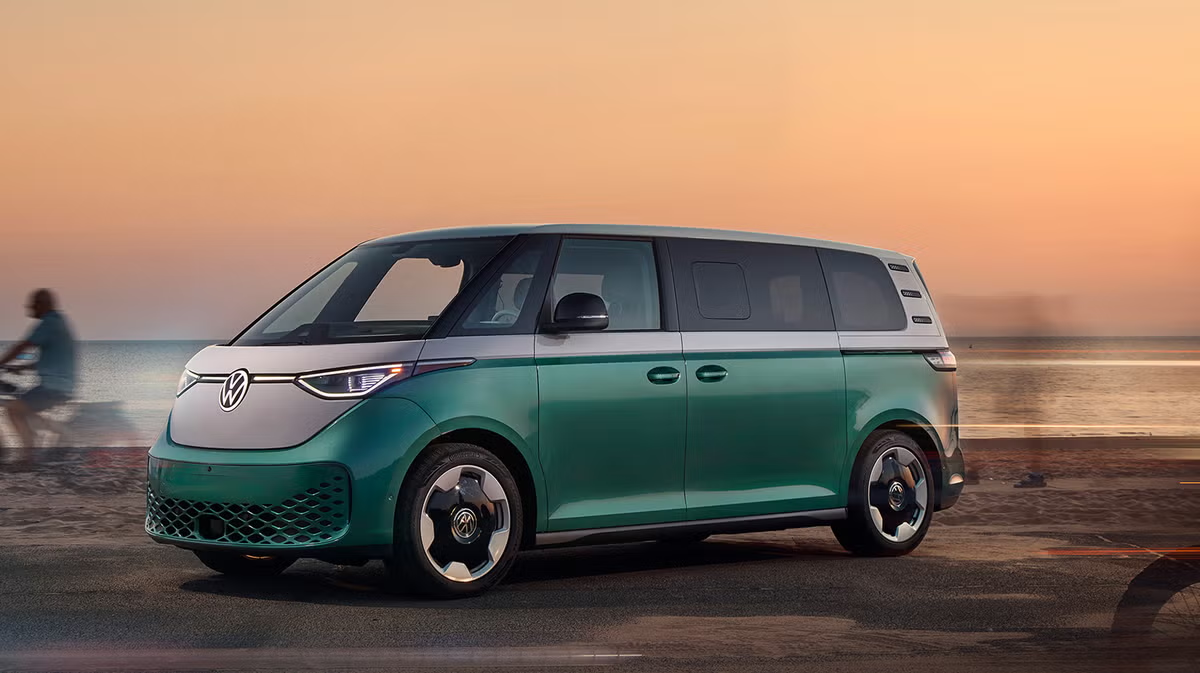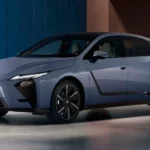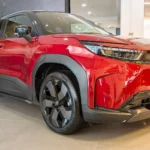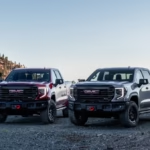In a significant and consumer-friendly announcement, Volkswagen (VW) has confirmed that it will not implement any price increases on its new vehicles for at least the remainder of May and throughout June 2025.
This decision arrives at a crucial time when the automotive market is grappling with the implications of new tariffs, recently put into effect by the Trump administration. These tariffs have cast a shadow of uncertainty over future vehicle pricing, causing many potential car buyers to pause.
Despite the increased costs associated with importing certain models into the United States due to these tariffs, Volkswagen is making a strategic commitment to absorb these expenses, at least for the short term. This move is designed to provide clarity and stability for consumers considering a new VW purchase.
Navigating Tariff Challenges: VW’s Financial Commitment
The core of Volkswagen’s recent announcement is its willingness to financially absorb the impact of the current 25 percent tariffs. These tariffs are levied on various vehicles and components imported into the United States, directly affecting VW’s bottom line for certain models. By choosing to “eat these costs” for the immediate future, VW is effectively freezing the Manufacturer’s Suggested Retail Price (MSRP) across its entire product lineup.
This strategic decision by Volkswagen aims to buffer consumers from direct price hikes that might otherwise result from increased import duties. It demonstrates a commitment to maintaining competitive pricing and potentially stimulating sales during a period of economic uncertainty and fluctuating trade policies. The company’s readiness to incur these additional expenses underscores a broader strategy to prioritize market share and customer goodwill.
Comprehensive Price Freeze Across the VW Lineup
Volkswagen’s price freeze is not limited to just a few select models; it applies comprehensively to its entire range of vehicles available in the market. This broad application ensures that a wide array of customers can benefit from stable pricing, regardless of their preferred vehicle segment.
Benefit for Every Segment
- Entry-Level and Compact Vehicles: The popular and budget-friendly VW Taos SUV, known for its compact efficiency, and the reliable Jetta sedan, a perennial favorite for daily commuting, will both retain their current sub-$30,000 starting prices. This stability helps ensure accessibility for first-time buyers or those seeking value.
- Family-Oriented SUVs: For families requiring more space and versatility, the spacious three-row Atlas SUV will also remain at its established price point. This includes all its various trims and configurations, from the standard Atlas to the sportier Atlas Cross Sport.
- Performance Enthusiast Favorites: Fans of driving dynamics will be pleased to know that the recently refreshed performance icons, the Golf GTI and Golf R, are also included in the price freeze. The sporty Golf GTI, starting at $33,670, and the more potent Golf R, priced from $48,325, will maintain their MSRPs. This is particularly appealing as these models offer cutting-edge technology and driving excitement.
- Electric Vehicle Flagship: Perhaps most notably, the highly anticipated and distinctly styled ID.Buzz EV will also see its prices frozen. This electric microbus, a modern reimagining of the classic Volkswagen Bus, is currently the brand’s most expensive model in the U.S. lineup, with prices ranging from approximately $62,000 to over $72,000 depending on configuration and features. Securing its price stability is crucial for early adopters of VW’s electric future.
- Commercial and Specialty Vehicles: While the article primarily focuses on passenger vehicles, it’s implied that the broader “entire lineup” could also extend to other available models or configurations, reinforcing a blanket commitment to price stability.
A Strategic Play for Consumer Confidence
Volkswagen’s decision to freeze new car prices through June is a strategic maneuver designed to foster consumer confidence in an unpredictable market. By absorbing the increased costs from tariffs, the automaker is making a clear statement about its commitment to its customers and its desire to maintain sales momentum.
This proactive approach not only shields buyers from immediate price increases but also positions VW favorably against competitors who might pass on similar tariff-related costs.
As the second quarter progresses, industry watchers will closely monitor the market dynamics. The duration of this price freeze, and whether it extends beyond June, will depend on various factors, including the longevity of the tariffs, the evolving economic landscape, and Volkswagen’s overall sales performance. For now, however, it offers a welcome period of predictability for those looking to purchase a new Volkswagen vehicle.







